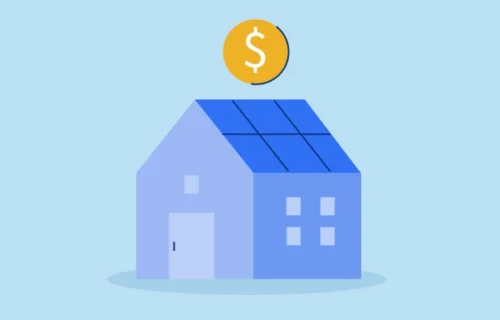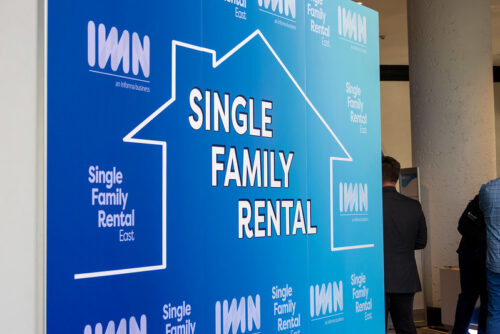
Connect with a Lima One expert today!
If you’d like to know more about this topic or see how it applies to your project, let’s talk.
Terms to Examine in a SFR Loan
Terms to Examine in a Single Family Rental Loan
Whether you’re a new real estate investor or a veteran with a strong portfolio, financing is a key part of your rental property investment. While you may start with FHA loans or cash financing, at some point you may need to explore private financing or hard money options.
And when you enter this world, you need to pay just as much attention to the details of your hard money loan as you do to the features of your rental property.
We can help with that. Here are the key financial elements that you need to understand and evaluate with any single family rental loan. While we can’t give exhaustive answers or legal advice, we can highlight some things you need to examine on your term sheet and in your communication with your lenders.
Application fees: How much do you have to pay up front as a loan origination fee? Is it a set fee, or a percentage of the entire deal? The difference can be thousands of dollars, so it’s vital for you to consider this cash outlay up front. Also, make sure to find out what happens if the deal falls through. Is the application fee refundable, or will you lose everything? The term sheet may not answer this question, so make the effort to get the answer.
Interest rate: This is the first number many investors look for in a deal. It’s important, but it doesn’t tell the whole story. One company may offer to beat the rate another offers, but it only does so by hiding points or other fees elsewhere in the deal. The APR may provide some insight into this on 30-year loans, but you need to go through the entire term sheet to ensure that you’re not being misled by a low interest rate.
Hidden points: As mentioned earlier, some companies offer a low interest rate on rental investment properties by getting you to buy down points up front. Obviously, this changes the financials on how good the deal is for your investment. Make sure you understand exactly what’s going on and insist on transparency.
Loan to value ratio: The LTV determines how much money you can borrow. It’s listed as a percentage, but again, there’s more to the story. Will the percentage be determined by the purchase price value or appraised value? Knowing how much money you’re eligible to borrow will help you know whether the deal is make or break.
Term and amortization: When is a 30-year loan not a 30-year loan? When the amortization doesn’t match the term. A property loan that is amortized over 30 years with a 10-year term (called a balloon structure) has a much different risk profile and financial calculator results than a 30-year loan where the term and amortization line up. This is another place to dig into details to make sure you understand exactly how your lender will treat your loan.
ARM resets: An adjustable-rate mortgage is different than a fixed-rate mortgage in that the interest rate can increase (sometimes dramatically) after a set period of time. Even if you’re planning to rent a property for a year or two and then sell it, the ARM should be factored into your risk profile. And when you’re comparing loans, you need to ensure that you know how rates adjust on each before choosing a lender or loan product.
Early payment penalties: Some investment property financing includes early payment penalties for a certain amount of time. Often, these prepayment penalties decrease each year. Make sure you understand how these payments work and when/if they decrease, and factor that into your calculations.
Underwriting: While underwriting may not be listed on a fee schedule, it is an important part of the rental property loan process. This includes basics like the appraisal of your property value, as well as assessments of the property’s historical vacancy factor and rental market. You should know the answers to these questions and be able to provide them to your lender, This will help you close your deal more quickly, and will also give you a more accurate view of what kind of loan you should be looking for.
Time to close: This is another factor that doesn’t show up on the loan proposal, but It’s an important factor, especially if you have other financing that you’re cashing out or replacing. Find a lender that can close a loan quickly so you can get your deal closed and start making money off your investment ASAP.
Conclusion
Obviously, these keys only scratch the surface of what you need to consider with a real estate investment loan. Use this list as a starting point to ask the right questions and do the necessary due diligence so that your next rental property loan ends up as a big success for your real estate portfolio.
Subscribe for More Insights
Get the latest industry news & Lima One updates.









